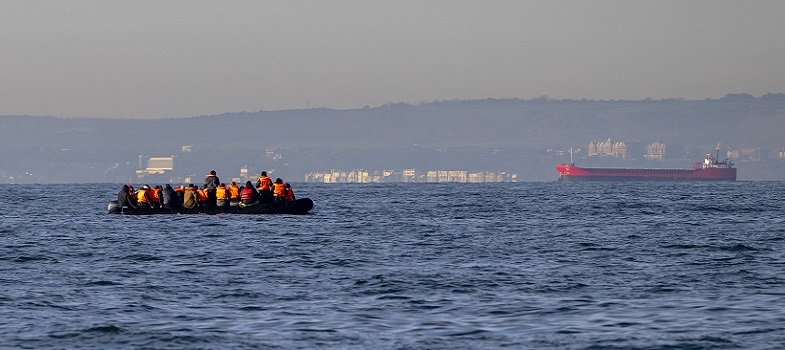6.2 What is burnout?
Experiencing burnout is another potential mental health risk particularly for those in ‘helping’ roles, such as maritime SAR workers. Burnout is linked to accumulated feelings of emotional exhaustion and stress over time.
The long-term effects of burnout may be workers’ incapability to meet the emotional demands of their role, mental and physical health ailments (Zapf et al., 1999). and a decline in job/volunteer satisfaction (Lizano and Mor Barak, 2015).
It can have crucial implications for workers’ health and morale and lead to resignations (Baker, 2012). It can also lead to feelings of detachment – where workers distance themselves from those they are working with, or depersonalise them (Graffin, 2018). It can lead to feelings of hopelessness and reduced empathy (Samra, 2018).
A wider consequence of burnout in highly emotive work environments, such as in maritime SAR, is the risk of jeopardising the ability to support vulnerable people who may be in life-or-death situations.
In the next section, you learn more about what actions we can take to address burnout or vicarious trauma.
6.1 What is vicarious (or secondary) trauma?
